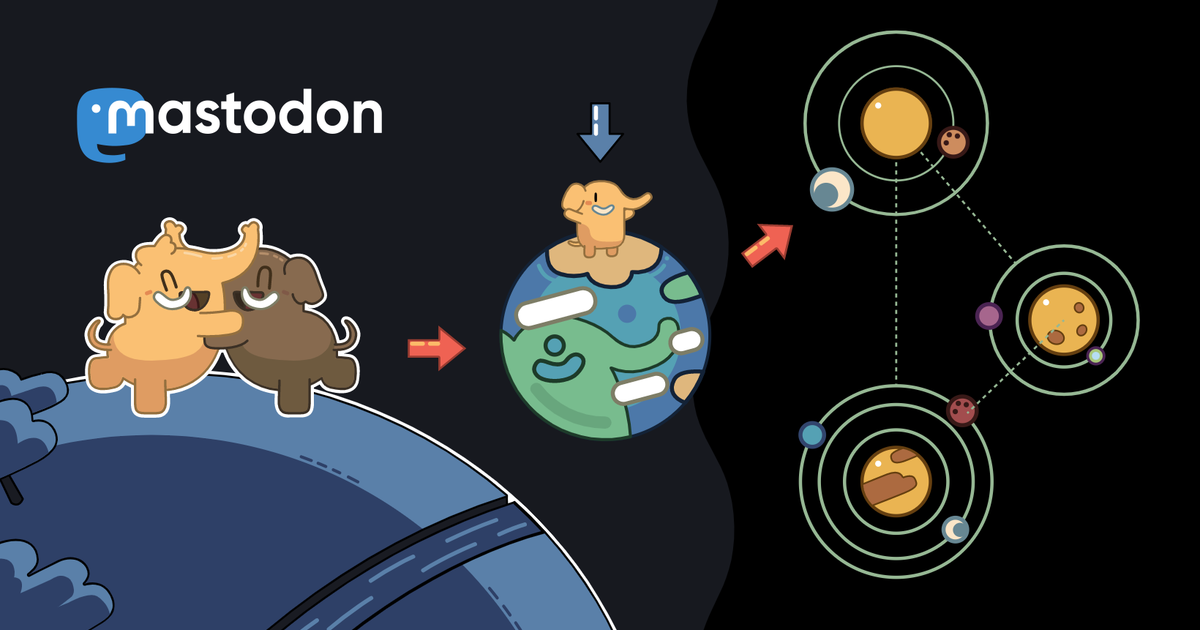Technische Universität München<p>Scientists developed a method for purifying <a href="https://wisskomm.social/tags/proteins" class="mention hashtag" rel="nofollow noopener noreferrer" target="_blank">#<span>proteins</span></a> from cell extracts or cultures using short-wave <a href="https://wisskomm.social/tags/UVlight" class="mention hashtag" rel="nofollow noopener noreferrer" target="_blank">#<span>UVlight</span></a>, which is invisible to humans. The technique is more efficient and gentler than previous methods: <a href="http://go.tum.de/385699" rel="nofollow noopener noreferrer" translate="no" target="_blank"><span class="invisible">http://</span><span class="">go.tum.de/385699</span><span class="invisible"></span></a></p><p><a href="https://wisskomm.social/tags/BiologicalChemistry" class="mention hashtag" rel="nofollow noopener noreferrer" target="_blank">#<span>BiologicalChemistry</span></a> <a href="https://wisskomm.social/tags/chromatography" class="mention hashtag" rel="nofollow noopener noreferrer" target="_blank">#<span>chromatography</span></a></p><p>📷S.Bauer</p>
Recent searches
No recent searches
Search options
Only available when logged in.
mstdn.social is one of the many independent Mastodon servers you can use to participate in the fediverse.

A general-purpose Mastodon server with a 500 character limit. All languages are welcome.
Administered by:
Server stats:
15Kactive users
mstdn.social: About · Status · Profiles directory · Privacy policy
Mastodon: About · Get the app · Keyboard shortcuts · View source code · v4.3.4
#biologicalchemistry
0 posts · 0 participants · 0 posts today
Phys.org<p>Referenced link: <a href="https://phys.org/news/2023-04-newly-electrical-cells-biological-chemistry.html" rel="nofollow noopener noreferrer" target="_blank"><span class="invisible">https://</span><span class="ellipsis">phys.org/news/2023-04-newly-el</span><span class="invisible">ectrical-cells-biological-chemistry.html</span></a><br>Discuss on <a href="https://discu.eu/q/https://phys.org/news/2023-04-newly-electrical-cells-biological-chemistry.html" rel="nofollow noopener noreferrer" target="_blank"><span class="invisible">https://</span><span class="ellipsis">discu.eu/q/https://phys.org/ne</span><span class="invisible">ws/2023-04-newly-electrical-cells-biological-chemistry.html</span></a></p><p>Originally posted by Phys.org / @physorg_com: <a href="http://nitter.platypush.tech/physorg_com/status/1652069435799220224#m" rel="nofollow noopener noreferrer" target="_blank"><span class="invisible">http://</span><span class="ellipsis">nitter.platypush.tech/physorg_</span><span class="invisible">com/status/1652069435799220224#m</span></a></p><p>Newly discovered electrical activity within cells could change the way researchers think about <a href="https://social.platypush.tech/tags/biologicalchemistry" class="mention hashtag" rel="nofollow noopener noreferrer" target="_blank">#<span>biologicalchemistry</span></a> <a href="https://linkinghub.elsevier.com/retrieve/pii/S2451929423001535" rel="nofollow noopener noreferrer" target="_blank"><span class="invisible">https://</span><span class="ellipsis">linkinghub.elsevier.com/retrie</span><span class="invisible">ve/pii/S2451929423001535</span></a> <a href="https://phys.org/news/2023-04-newly-electrical-cells-biological-chemistry.html" rel="nofollow noopener noreferrer" target="_blank"><span class="invisible">https://</span><span class="ellipsis">phys.org/news/2023-04-newly-el</span><span class="invisible">ectrical-cells-biological-chemistry.html</span></a></p>
ExploreLive feeds
Mastodon is the best way to keep up with what's happening.
Follow anyone across the fediverse and see it all in chronological order. No algorithms, ads, or clickbait in sight.
Create accountLoginDrag & drop to upload
